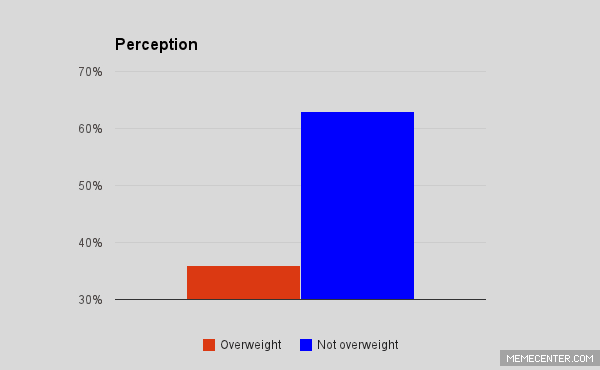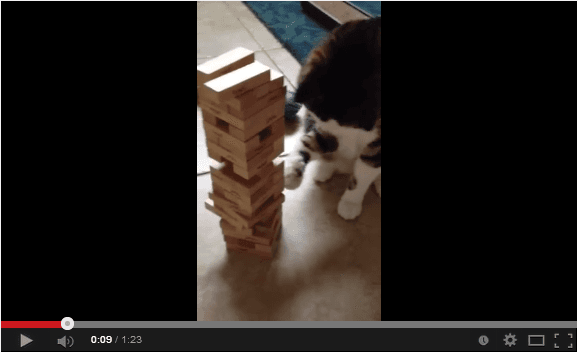

NEW YORK—Dee Dee Maucher speaks quickly, skipping from one issue to another. It’s not unlike the way she sees the world—as an interconnected system, where each organ and sphere affects the rest in an endless cycle of feedback.
Maucher is the founder and executive director of the Master of Succession (MoS) Collective—the “stewards of the good life,” as described on the website. Mem
bers of the MoS Collective are looking for ways to live their lives in a way that continually betters the water, air, and soil, thereby benefiting society and the environment.
MoS provides composting workshops and education on environmental living. And if you think composting is impossible or too smelly to partake in inside a cramped New York apartment, think again, says Maucher. The Bokashi Fermented Starter is a composting product that pickles food and eliminates smells. MoS now sells this, along with other goodies aimed at gradually bettering the water, air, and soil.
Maucher has a background in marketing and is working on some documentaries. Her real passion, though, is the hands-on work—teaching someone to compost or digging in the dirt.
The Epoch Times: What does “living in succession” mean?
Dee Dee Maucher: The word “succession” means, in this context, soil succession. As soil builds it gets better all the time. They found this thing called “terra preta” in Brazil. They found so much beautiful soil, which had such qualities because of the way the ancient people in that area were living, making it better and better and better all the time instead of making it worse and worse and worse [like we do in our society].
It is easier to live making the soil better and making our life better all the time than making everything become ruined all the time. I don’t even know how it began—when we just started ruining everything. It goes back thousands of years. We have been ruining things for thousands of years, but there were also people who didn’t.
The Epoch Times: How can you live in succession in a big city like New York?
Maucher: That is why we introduced the Effective Microorganisms to urban people as a way to compost. [If you want to compost] you can collect the scraps in a closed container. It does not smell; it does not rot. It is basically pickling or fermenting your waste. It has other good side effects: you are taking the waste out of the garbage, so you are attracting fewer rats. If everybody in your building would do it, you will probably have fewer rats on the street.
The Epoch Times: How do you envision New York living sustainably?
Maucher: It will happen in very small places—just in your building or just on your block. People can come together and share resources and needs. Just in the building will be a start. I see people not needing to go very far any more [because of this sharing of resources] and they don’t need to make as much money because they are taking things others don’t want. I think that is a start.
The Epoch Times: Where do you want MoS to go in the future?
Maucher: I keep thinking MoS will grow like other things are growing. I was working with food scrap fermentation and that is becoming popular in other cities. I want to make it into a whole way of living and not just about fermenting compost. We are creating a healthier home, healthier sewers, and healthier rivers. The reason I want to be a for-profit company is because when you are feeding part of a system that is not working very well, who is giving the money to those nonprofits? You have to spend most of your time getting the money. We are trying to change but we are still dealing with the real world.



